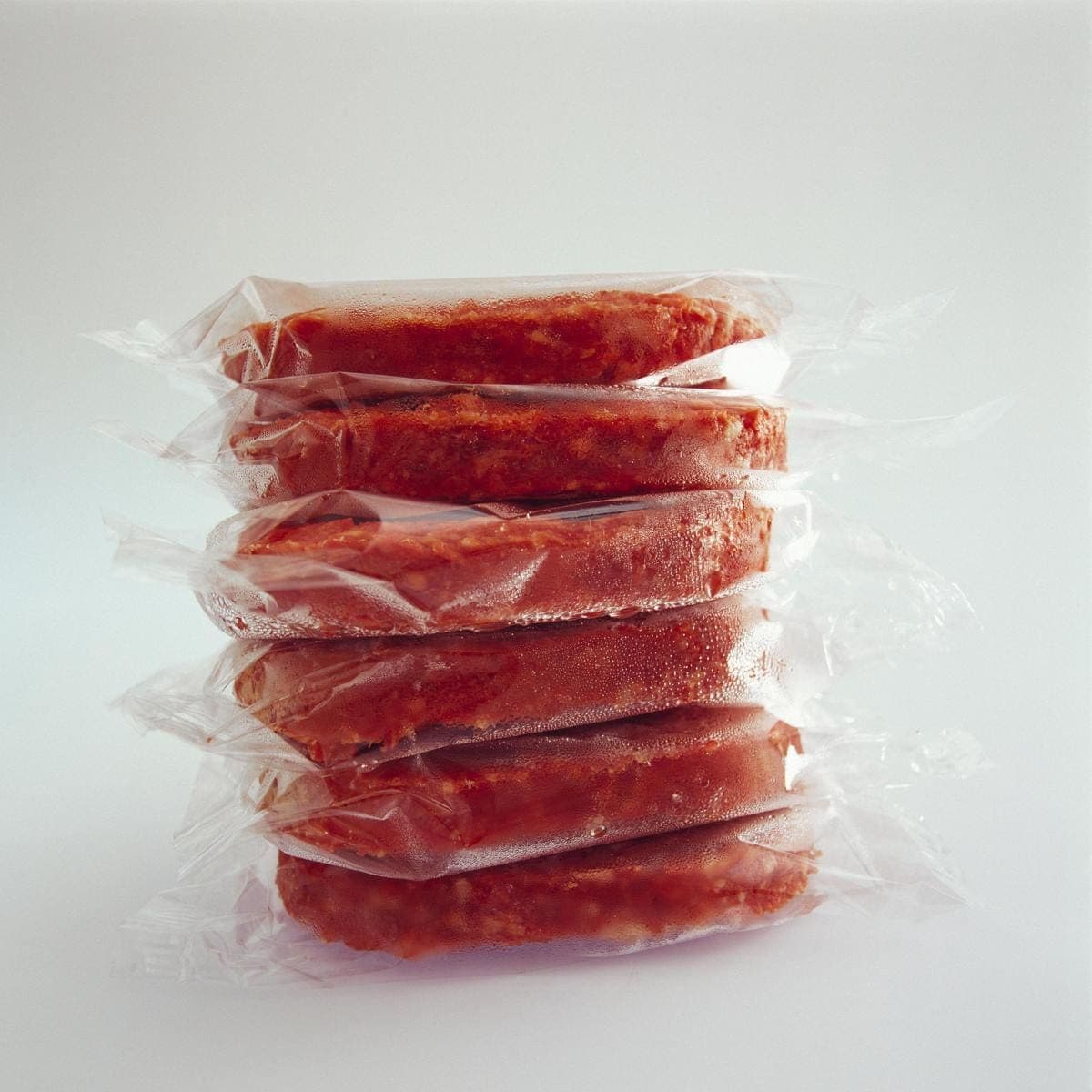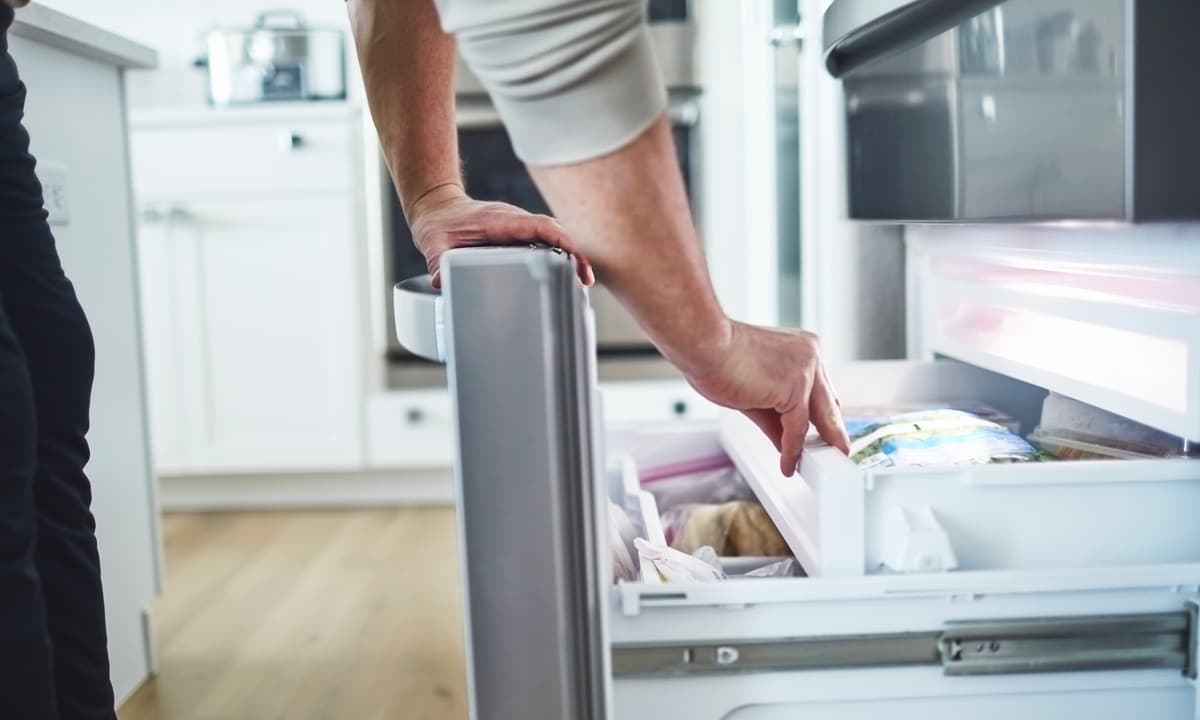Preserving meat by freezing effectively prolongs its shelf life while maintaining its nutritional value and flavor. To ensure food safety and quality, it’s crucial to understand the recommended freezer storage times for different types of meat.
Let’s explore the best approaches for freezing meat and the optimal durations for storing various meat products, according to Cookist.
How Long Can You Freeze Meat?
Processed Meats
- Bacon: 1 month
- Deli Meat: 1-2 months
- Hot Dogs and Sausages: 1-2 months
- Hamburger: 3-4 months
Whole Cuts
- Steaks: 6-12 months
- Chops: 4-6 months
- Roast: 4-12 months
Poultry
- Whole Chicken and Turkey: 1 year
- Chicken and Turkey Pieces: 9 months
Best Practices for Freezing Meat
- Label and Date: Always write the date on the package before freezing meat. This way, you can track how long it has been in the freezer and use it within the recommended time frame.
- Prevent Freezer Burn: Freezer burn occurs when moisture evaporates from the surface of the meat, leading to dry areas in the tissue. You can recognize it by the brownish-white discoloration on the meat’s surface. While not harmful, freezer-burned beef doesn’t taste as good. To prevent freezer burn, wrap the meat in plastic wrap and place it in a resealable plastic freezer bag, removing excess air.
- Proper Thawing: The best method to thaw meat is by placing the entire package in the refrigerator. This gradual thawing process helps maintain the cold chain and ensures the meat remains at a safe temperature, preventing bacterial growth.
Tips to Ensure Quality and Safety
- Packaging: For the best protection against freezer burn and air exposure, use heavy-duty aluminum foil, freezer paper, or vacuum-sealed bags.
- Portion Control: Freeze meat in portions you will use in one go. This minimizes the need to refreeze, which can degrade the meat’s quality.
- Organize Your Freezer: Keep older packages at the front and newer ones at the back. This ensures you use the older meat first and reduces the risk of being forgotten and left for too long.
Additional Tips
- Marinades and Seasoning: Consider seasoning or marinating meat before freezing. This can save time and enhance flavor when you’re ready to cook.
- Stock Up: Take advantage of sales on meat by buying in bulk and freezing it. This can be a cost-effective way to ensure you always have a variety of meats on hand.
By mastering the art of freezing meat, you can enjoy the convenience of having a well-stocked freezer and the peace of mind that comes with knowing your food is safe and delicious. Happy freezing!
,type=downsize)






